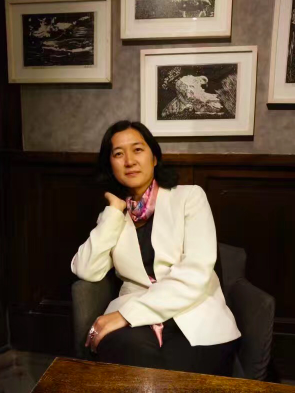
Title: BRICE- Interactions between European Union and China regarding the Belt and Road Initiative: Perspectives and Practices in Central and Eastern Europe
Directors: Emmanuelle BOULINEAU & Shumei ZANG
Discipline: Geopolitics
Status: Completed Project
Starting date: 2019
Directors
Summary
According to the Chinese government, the Belt and Road Initiative (BRI) launched in 2013 is a systematic project, which should be jointly built through consultation to meet the interests of all, and efforts should be made to integrate the development strategies of the countries along the Belt and Road. It is conceived as a way for win-win cooperation that promotes common development and prosperity and as a road toward peace and friendship by enhancing mutual understanding and trust, and strengthening all-around exchanges. The Silk Road Spirit is named as “peace and cooperation, openness and inclusiveness, mutual learning and mutual benefit” and there are five principles of peaceful coexistence: mutual respect for each sovereignty and territorial integrity, mutual nonaggression, mutual noninterference in internal affairs, equality and mutual benefit, and peaceful coexistence. The BRI is born in the age of globalization which features inclusive cooperation and is not about geopolitics and should not be reviewed by outdated cold war mindset.
On the 18th September 2018, The European Union (EU) launched building blocks of the strategy for connecting Europe and Asia based on four pilars: enhancing connectivity as development lever, building cross-border networks, developing bilateral partnerships, and promoting sustainable and fair financing of investments. The EU has immediately underlined that “European Union and China share an interest in making sure that our respective initiatives work well together” in order to specify that its strategy is not a counter-plan to BRI.
By enhancing such initiatives in a globalized world, China and the EU appear as global powers placing their respective strategies in the field of cooperation and not in that of competition. This leads to our main objective: going beyond discourses, our project aims at addressing perspectives and practices of Both China and EU regarding the BRI in Central and Eastern Europe. The focus on the BRI aims at exploring the following hypothesis that this Chinese initiative is filling the gaps of declining European investments in Central and Eastern Europe after the 2008 crisis.
By perspectives, we state that it is necessary to deconstruct the discourses of cooperation versus competition coming both from China and EU. This issue is related to an overall geopolitical perspective: How to describe forms, means, and intentions of new powers such as China and EU?
By practices, we address the above question by in-depth country case studies and a cartography of forms of cooperation versus more conventional forms of competition. By analyzing precisely the elements of interactions between EU and China on the ground we will complete the existing literature.








